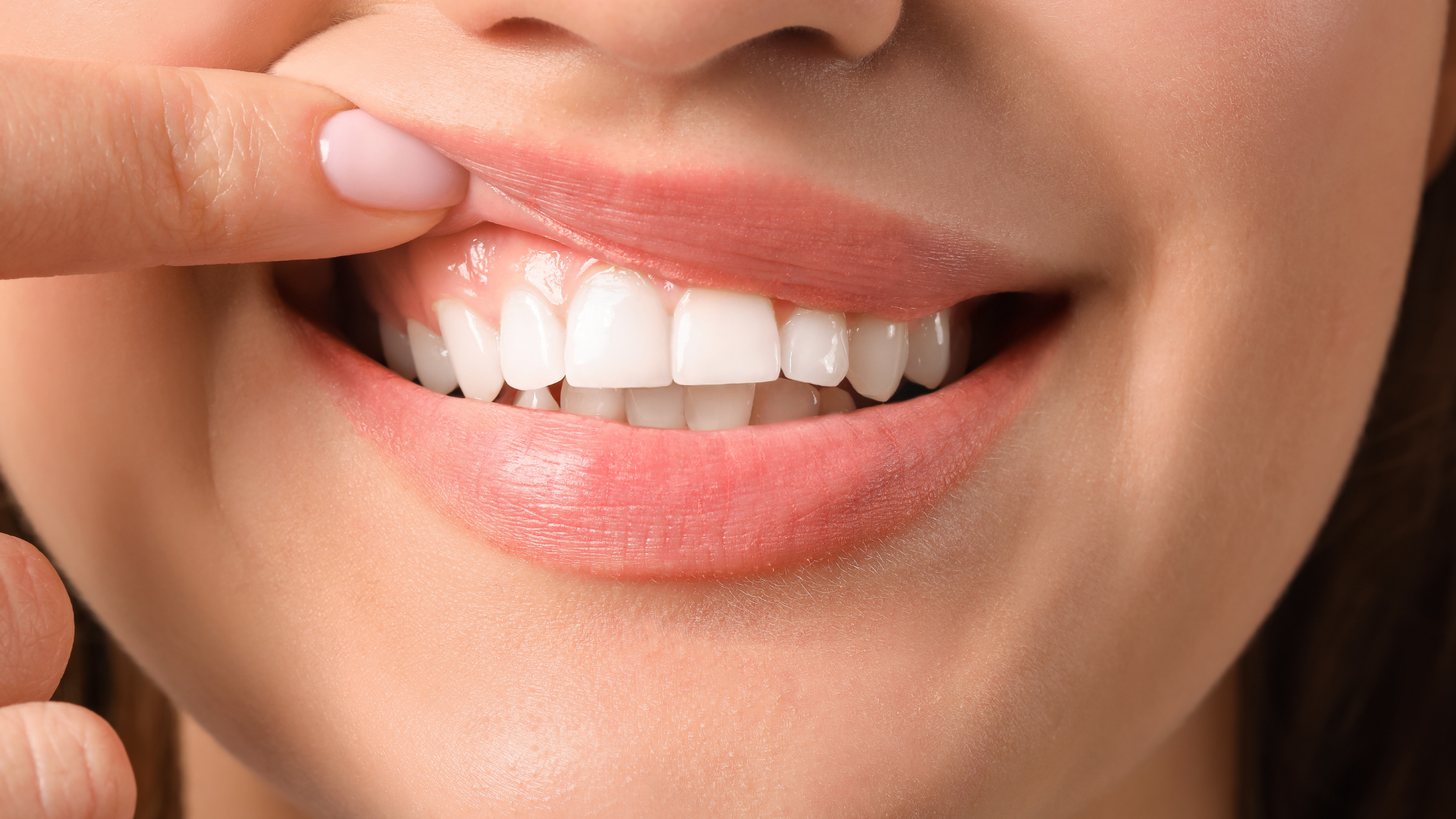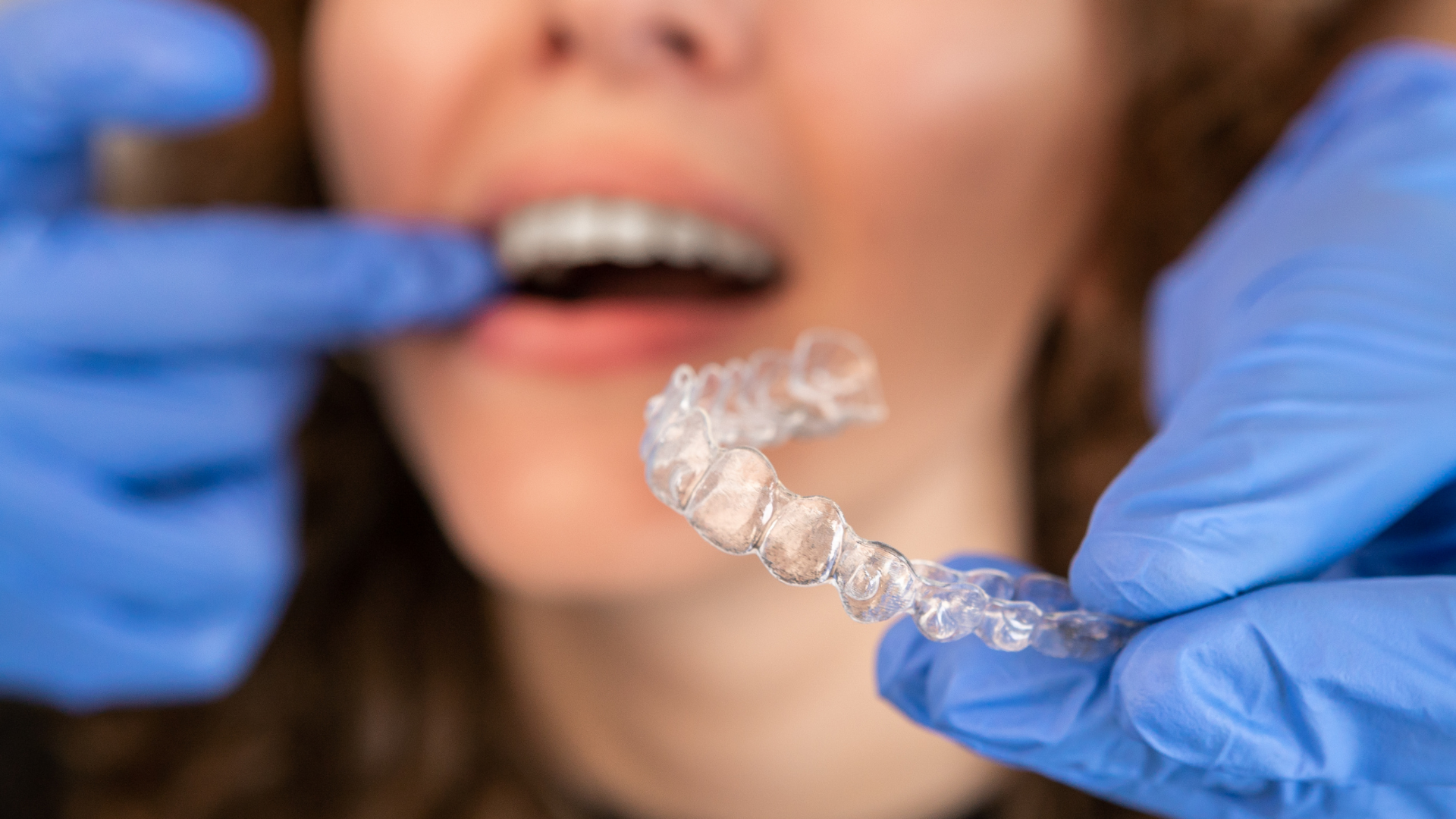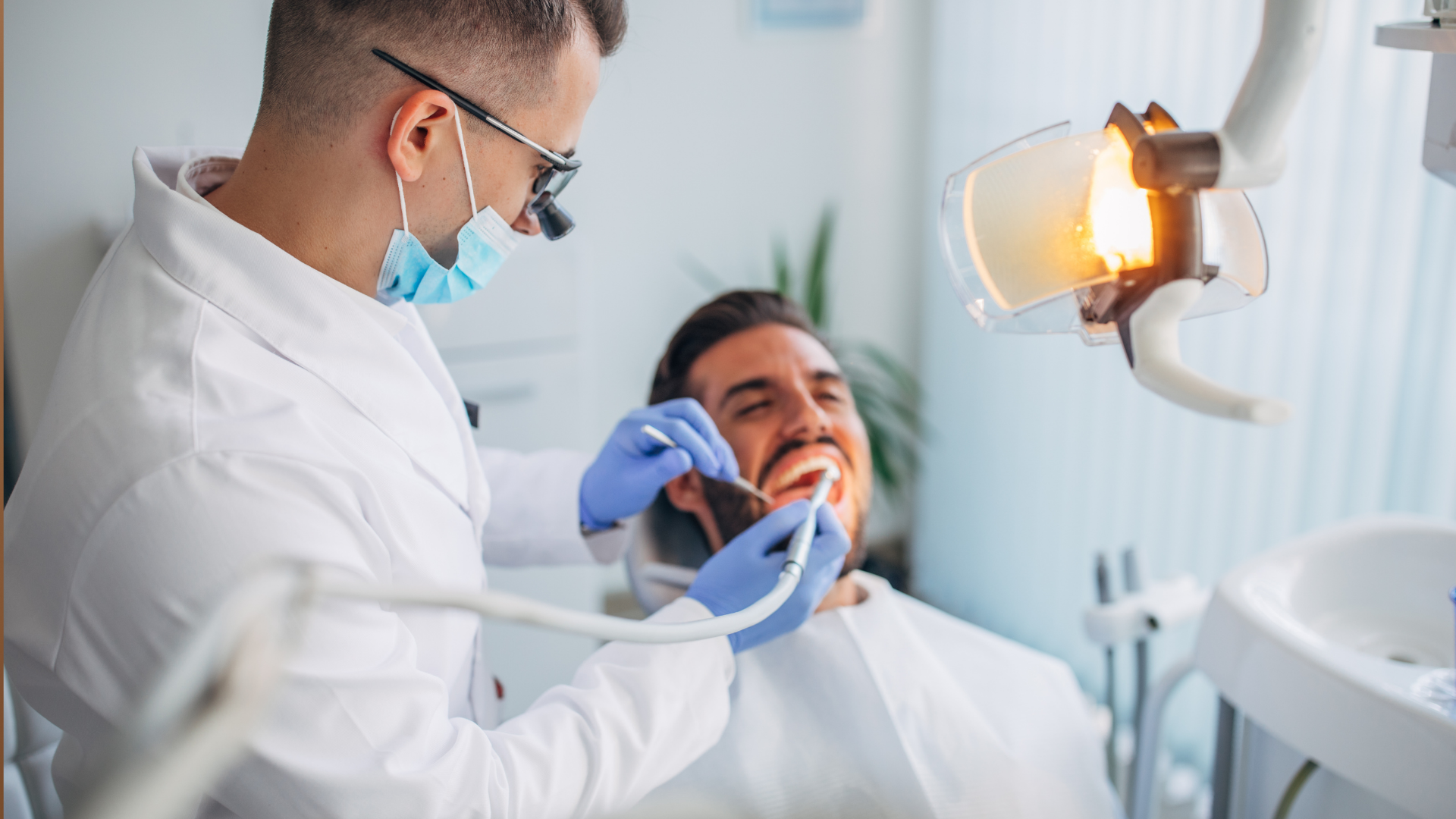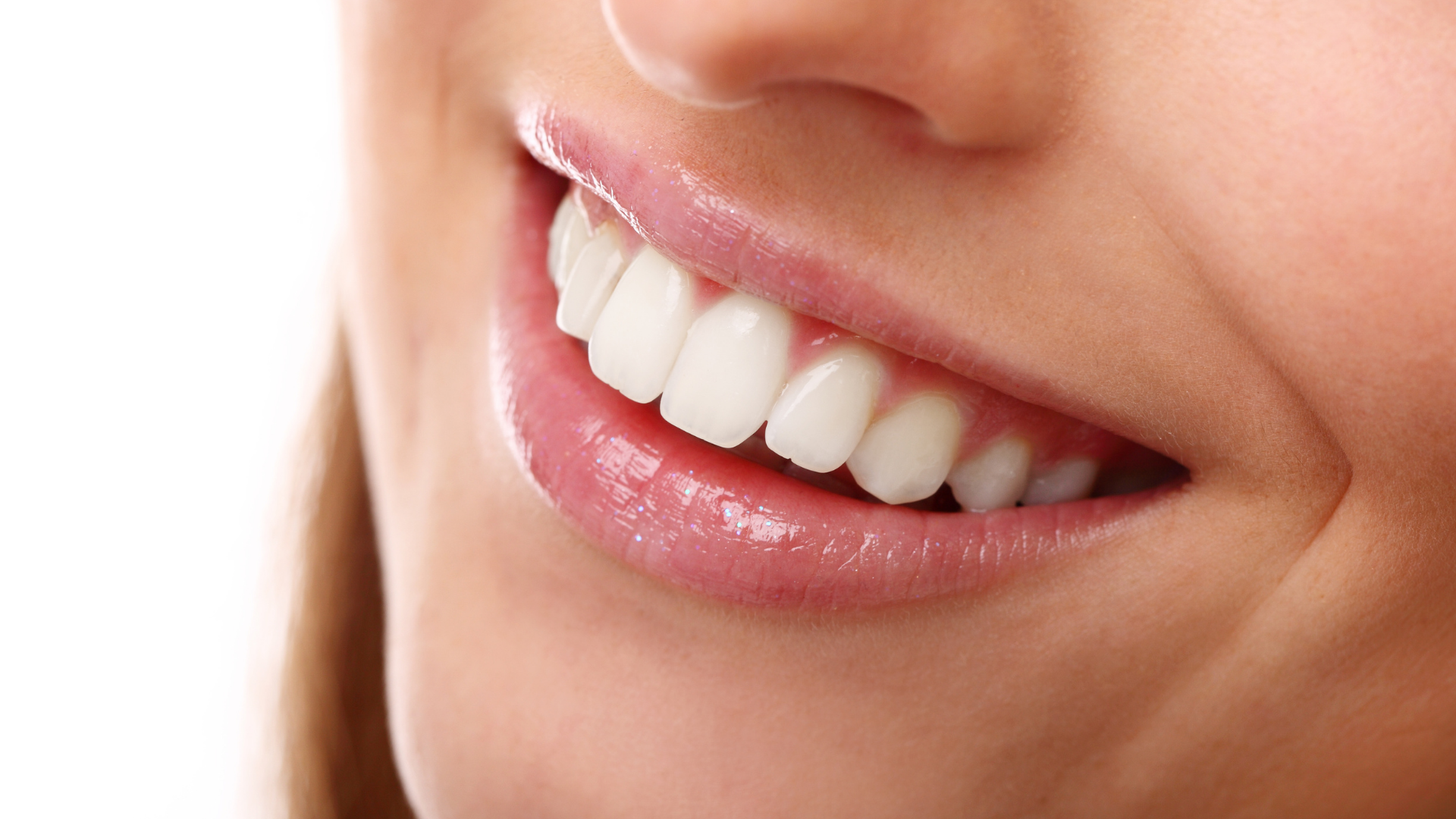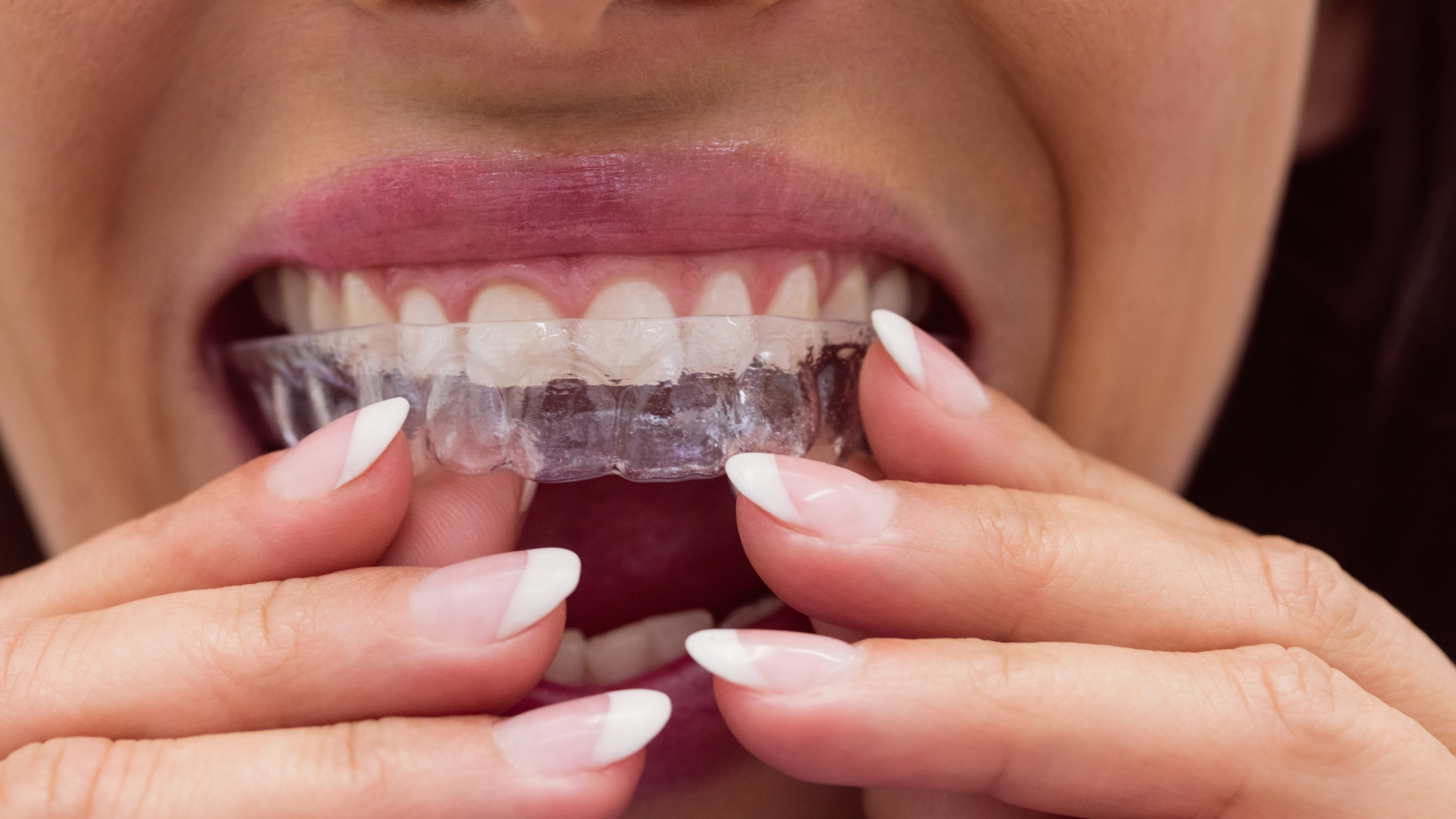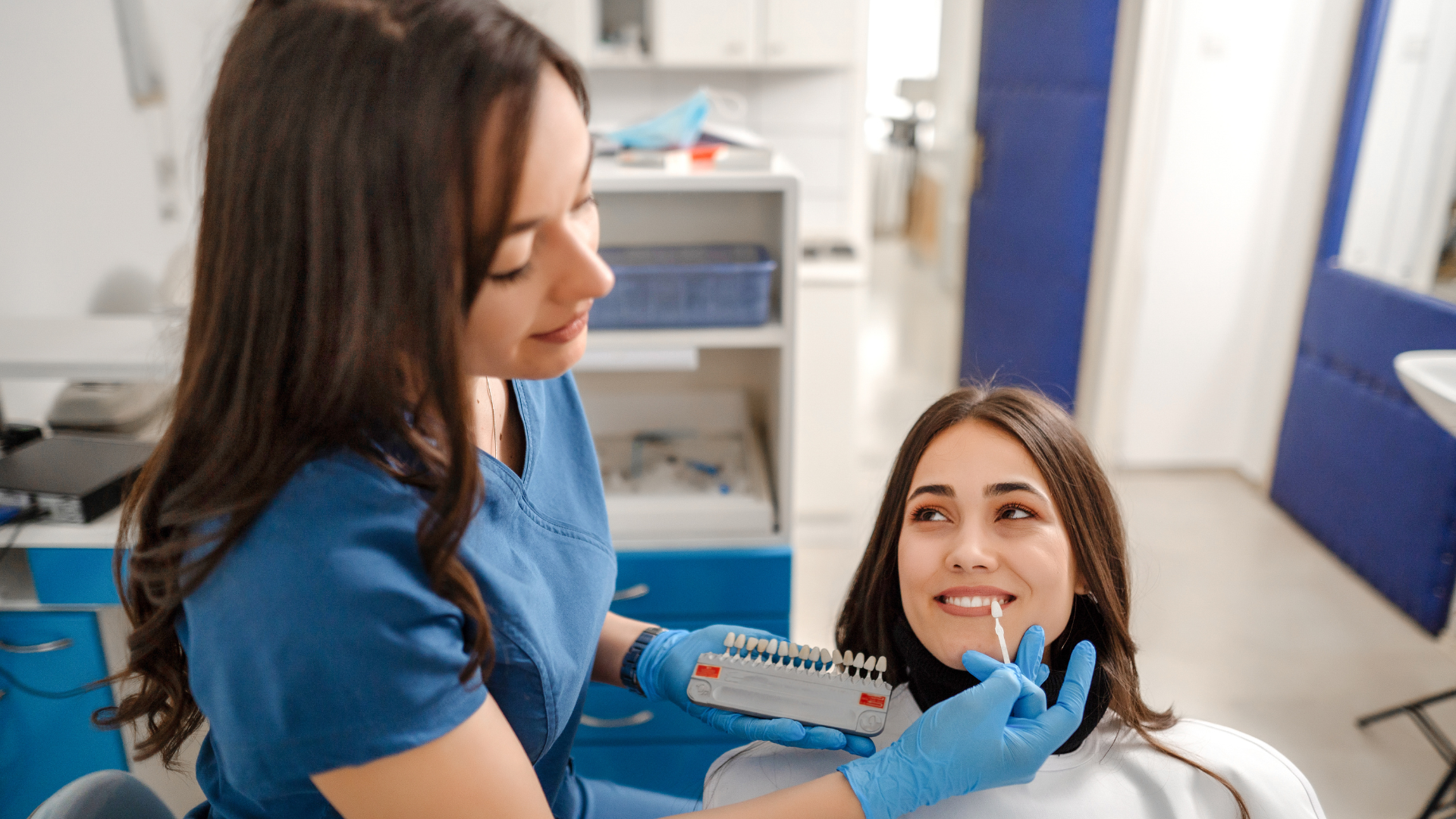Dental emergencies can be stressful and painful. Whether it's a toothache, a broken crown, or a knocked-out tooth, it's important to know what to do in an emergency. This blog will answer the 10 most commonly asked questions about dental emergencies, so you'll be prepared in a crisis. We'll cover everything you need to know, from what to do if you have a toothache to what to do if you have a broken jaw. Be prepared before an emergency happens. Read this blog now to ensure you're ready for anything.
What Should I Do If I Have A Toothache?
If you have a toothache, clean your mouth by gently rinsing it with warm water. If swelling, apply a cold compress to the outside of your cheek. Take over-the-counter pain relievers such as ibuprofen or acetaminophen. See a dentist as soon as possible, as a toothache can be a symptom of a more severe problem such as infection or decay. Until you can see a dentist, avoid eating on the side of the toothache and biting down on the affected tooth.
What Should I Do If I Lose A Filling Or Crown?
If you lose a filling or crown, it is important to take action as soon as possible to prevent further damage to the tooth. Try to locate the lost filling or crown and keep it in a safe place. If you are experiencing pain, take over-the-counter pain relievers. Use a small amount of tooth-colored dental wax or sugar-free gum to temporarily cover the exposed tooth. See a dentist as soon as possible to have the filling or crown replaced. In the meantime, avoid eating on the side of the missing filling or crown. Be careful when biting down to prevent any further damage to the tooth.
What Should I Do If I Crack Or Chip A Tooth?
If you crack or chip a tooth, it is essential to take action as soon as possible to prevent further damage. Rinse your mouth with warm water and apply a cold compress to the outside of your cheek to reduce swelling. If you are in pain, take over-the-counter pain relievers. If the crack or chip is severe, save any broken pieces and see a dentist as soon as possible. In the meantime, avoid eating on the side of the damaged tooth and be careful when biting down to prevent further damage. If the tooth is a cosmetic concern, a cosmetic dentist can also help provide options to improve the tooth's appearance.
What Should I Do If I Have A Severe Toothache And Swelling?
A severe toothache and swelling can signify an infection, such as a tooth abscess. Take action as soon as possible to prevent the spread of the infection. Rinse your mouth with warm water and apply a cold compress to the outside of your cheek to reduce swelling. Take over-the-counter pain relievers and see a dentist as soon as possible. In the meantime, avoid eating on the side of the toothache and avoid biting down on the affected tooth. If the swelling is severe or accompanied by fever, seek medical attention immediately, as it could signify a severe infection requiring antibiotics.
What Should I Do If I Have A Broken Jaw?
If you suspect you have a broken jaw, seek medical attention immediately. A broken jaw can cause difficulty speaking or breathing and can also be accompanied by severe pain and swelling. While waiting for medical attention, apply a cold compress to the outside of your cheek to reduce swelling. Take over-the-counter pain relievers and try to keep your jaw immobile by taping it shut or using a jaw splint. It is essential to see a dentist or an oral surgeon as soon as possible, as a broken jaw will likely require surgery to repair. In the meantime, avoid eating or drinking until after you have been examined by a medical professional.
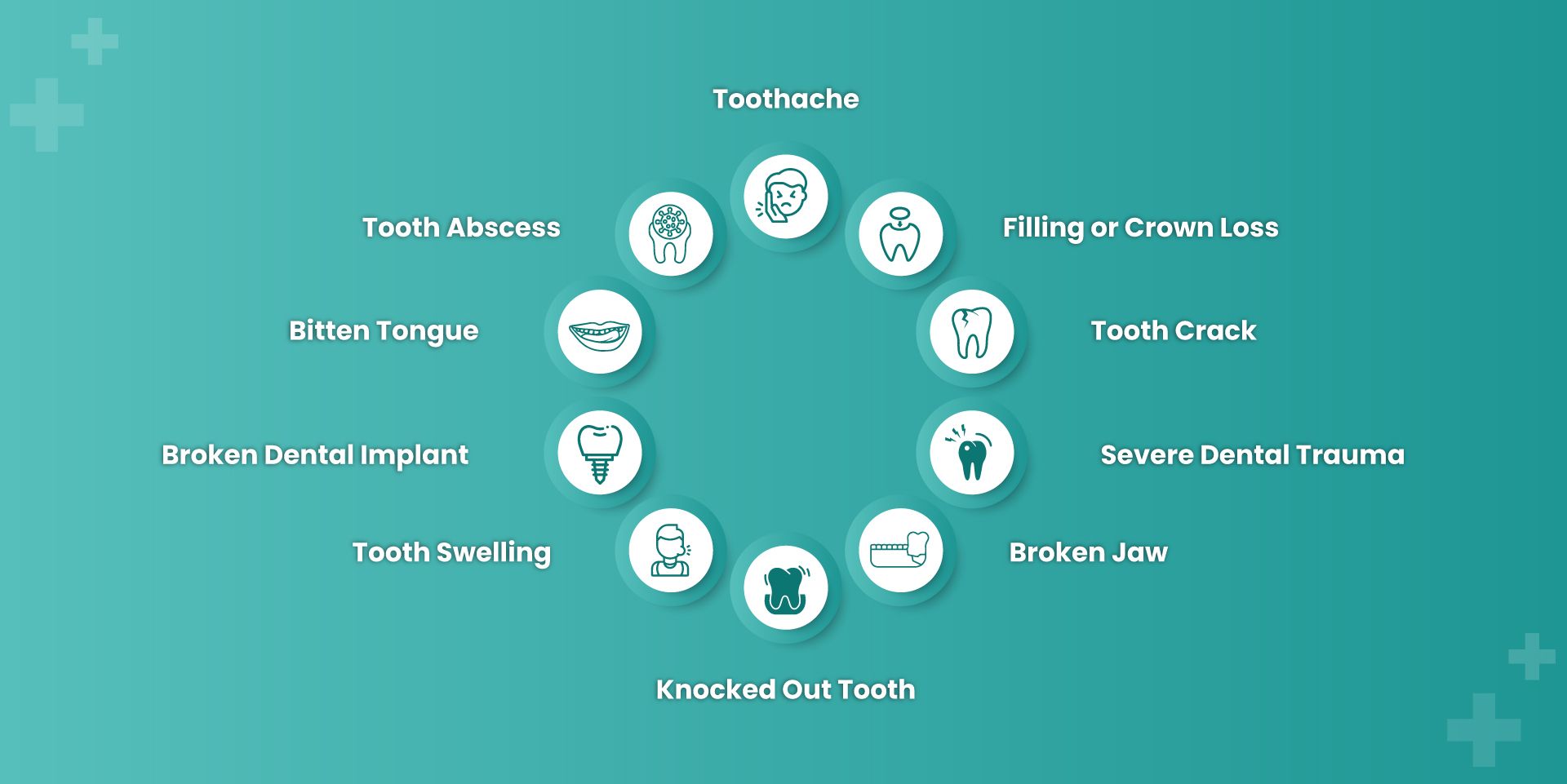
What Should I Do If I Have A Tooth That Is Knocked Out?
If you have a tooth knocked out, take action as soon as possible to try to save the tooth. Handle the tooth by the crown, not the root, and try to reinsert it into the socket. If it is impossible to reinsert it, keep it in milk, saliva, or water. See a dentist within the hour. In the meantime, apply a cold compress to the outside of your cheek to reduce swelling. Take over-the-counter pain relievers and avoid eating on the side of the knocked-out tooth. If the tooth cannot be saved, the dentist can provide options for replacement, such as a bridge or an implant.
What Should I Do If I Have A Bitten Tongue Or Lip?
If you have bitten your tongue or lip, immediately take action to stop any bleeding and prevent infection. Clean the area with warm water and apply a cold compress to the outside of your cheek to reduce swelling. Take over-the-counter pain relievers. If the bleeding does not stop or the bite is severe, see a dentist or a medical professional as soon as possible. In the meantime, avoid hot and spicy food, and avoid biting on the area of the bite to prevent further damage. If you notice any signs of infection, such as fever or increased pain, it is essential to seek medical attention.
What Should I Do If I Have A Tooth Abscess?
A tooth abscess is a serious dental emergency caused by an infection at the root of a tooth. It can cause severe pain and swelling. If you suspect you have a tooth abscess, you must see a dentist as soon as possible. In the meantime, rinse your mouth with warm salt water and take over-the-counter pain relievers. Apply a cold compress to the outside of your cheek to reduce swelling. Avoid eating on the side of the abscess and biting down on the affected tooth. If the abscess ruptures, seek medical attention immediately as it could lead to the spread of the infection and requires antibiotics.
What Should I Do If I Have A Broken Dental Implant?
If you have a broken dental implant, take action immediately to prevent further damage and infection. Clean the area with warm water and apply a cold compress to the outside of your cheek to reduce swelling. Take over-the-counter pain relievers. If the implant has come loose or there is any bleeding, see a dentist as soon as possible. In the meantime, avoid eating on the side of the broken implant, and be careful when biting down to prevent further damage. The dental implant is a complex treatment, so it is essential to see an experienced dental implant specialist to evaluate the situation and provide the appropriate treatment.
What Should I Do If I Have Severe Dental Trauma?
Severe dental trauma can occur due to an accident or injury. It can cause significant damage to the teeth, gums, and jaw. You must seek medical attention immediately if you have severe dental trauma.
● In case of bleeding, apply pressure to the affected area with a clean cloth or gauze.
● If swelling, apply a cold compress to the outside of your cheek. Take over-the-counter pain relievers.
● If the teeth are knocked out, save them if possible, rinse them off gently with water, and try to put them back in the socket. If you cannot put the teeth back, place them in a milk, saliva, or water container.
It is important to see a perfect dentist or an oral surgeon as soon as possible.
In conclusion, dental emergencies can be stressful and painful. Still, it is essential to know what to do in an emergency. By following the advice provided in this blog, you'll be prepared to handle common dental emergencies such as toothache, lost fillings or crowns, cracked or chipped teeth, severe toothache and swelling, broken jaw, knocked-out teeth, bitten tongue or lip, tooth abscess, broken dental implant, and severe dental trauma. Be prepared and seek professional help as soon as possible before an emergency happens.

